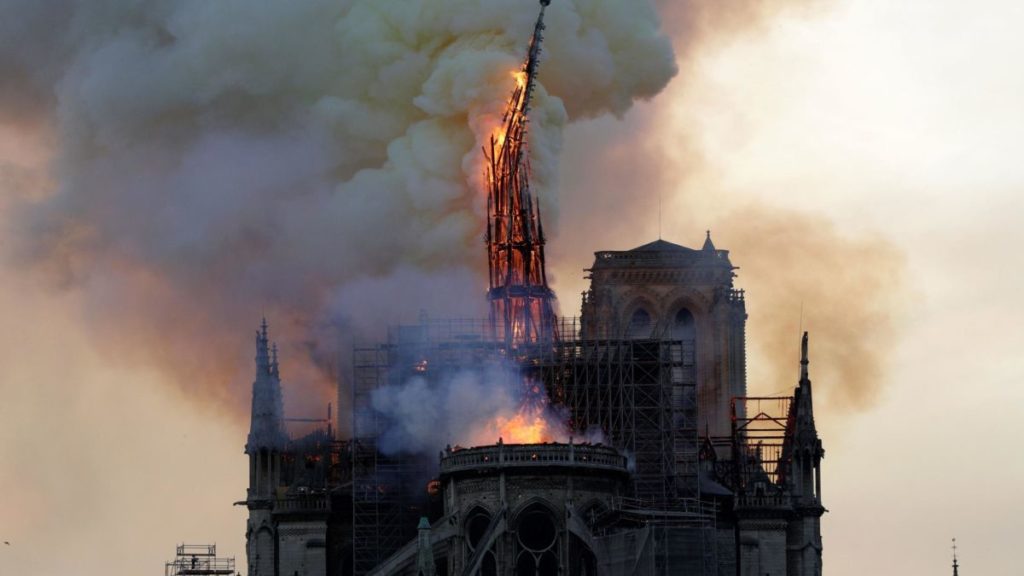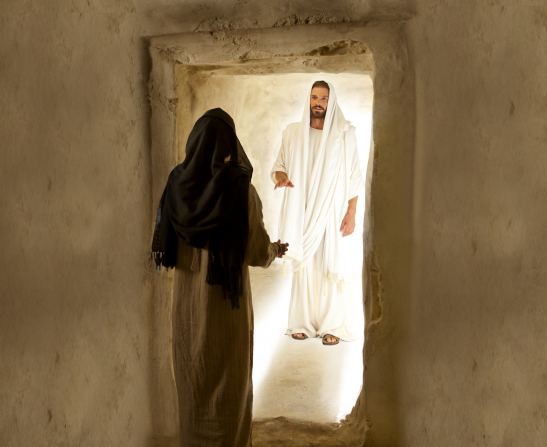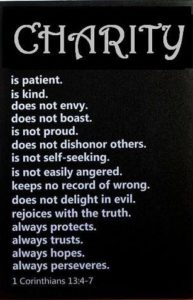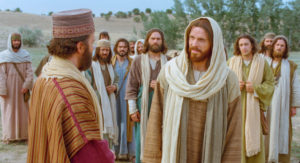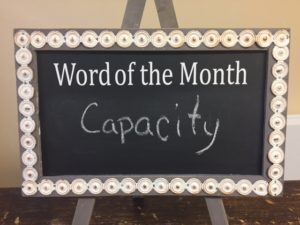It was by chance – or maybe not – that I read again in the Book of Mormon this week the prayer of the Prophet Alma as he and others began a mission to the wicked Zoramites. The phrase that jumps out at me and has at times pricked my conscience, struck me as such an important reminder today –
“Behold, O Lord, their souls are precious”
(Alma 31:35)
Which Souls are Precious?
This wicked community turned out to be comprised of two groups. One was disadvantaged, marginalized, oppressed and excluded from full participation in society. Thinking of their situation does resonate with the concerns and objectives of #blacklivesmatter. Maybe #theirsoulsareprecious could be just as appropriate a reminder.
Yet, Alma’s prayer was not just for these poor, oppressed people. His prayer was for the whole community. It was also for the prideful, privileged who were persecuting the others. Their souls were also precious to their Father in Heaven. They were His children too.
I am aware of reactions toward #alllivesmatter and the feeling that it misses the point and trivializes the injustices of so many years. But can you say the souls of some who may not have been treated as precious, are indeed precious, without recognizing the preciousness of all souls?
Questions
Hasn’t the problem all along been the human tendency to put people into a category judged to be somehow worth less than others or inherently bad and then using that judgment as justification for depriving them of privileges or treating them badly? Is it really any different when that judgment is made based on the color or one’s skin or the uniform one wears? Or maybe even the color and words on a hat they wear?
Yes, some people do horrible things to other people and they do need to be held accountable for their behavior. Does this justify putting all who share some identifying characteristic with an offender, into a category judged as bad and therefore deserving of disrespect, contempt, attacks and mistreatment?
Does mistreating others make one’s soul less precious to their Father? I am sure such behavior offends and pains Him. Seeing all souls as precious and condemning unacceptable behavior are not mutually exclusive. Any good parent knows that the preciousness of the souls of their children is the very reason they must learn right from wrong, even at times through suffering hard consequences.
A Plea
Maybe, whenever we have feelings other than love toward a group or an individual human being, or a tendency to ignore or discount someone, we need to get on our knees and pray to the Father of us all, acknowledging to Him as Alma did, that “their souls are precious.” Pray for them, for their needs, but also pray for ourselves, that our hearts may be softened and that we may see others as He sees them – as the precious souls they are.

